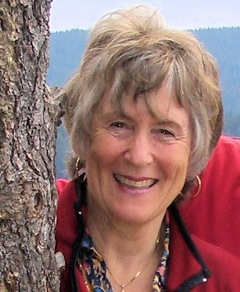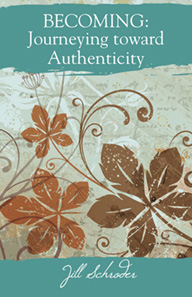One of the first essays in BECOMING, is called Cutting the Mustard. It’s in the section Growing Up, and after spending a great deal of time with many of my grandchildren this summer, I am poignantly reminded of the wonders and challenges of this business of ‘growing up.’ Indeed, I think most of us never complete the job!
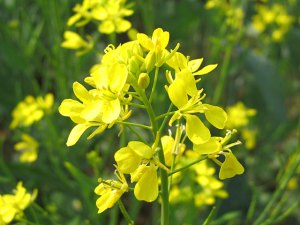
Consider this lovely image of a mustard plant…the close up reminds me of how sometimes we are so close to our challenging issues that it’s hard to get a perspective on them. We ‘become’ our anger, the frustration, the resentment… and have no space in our consciousness to see or hold a bigger picture: that what we are experiencing is an emotion, that it is not who we are, that there are choices involved, that we can see things a different way… We are living a freeze frame, which can keep us out of touch with our joy, from the flow, for much of of our lives.
One ‘Significant Emotional Experience’ (SEE) from my childhood involved mustard :-). It featured majorly in my personal work for decades. (Old grooves lie deep, and are hard to change!) My parents had guests over for dinner, and I was invited down to say hello before being whisked off to bed. I was about three years old. When I asked what was in a dish on the dinner table, people said, “Try it.” Well I did. It was bitter and surprising, and I must have made a pinched face. Everyone laughed, and I felt (though I wouldn’t have been able to put a word to it at that time), humiliated. This single experience colored the way I experienced new situations, ones that involved mistakes, or stepping out of familiar patterns, for a very long time.
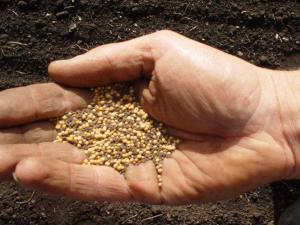 Let tiny mustard seeds stand for the seemingly small events in our lives, our SEEs. Yet they have the power to grow, and grow, and grow… and come to exert a surprisingly powerful effect on our lives, our sense of self, our ability to simply be ourselves and live at ease and with authenticity.
Let tiny mustard seeds stand for the seemingly small events in our lives, our SEEs. Yet they have the power to grow, and grow, and grow… and come to exert a surprisingly powerful effect on our lives, our sense of self, our ability to simply be ourselves and live at ease and with authenticity.
After recalling and working with my mustard experience many times, it has finally lost its charge, and my fear of humiliation has faded… it’s more OK to make mistakes, to look foolish. The possibility of failure, or not being good at something new, doesn’t hold the terror it did for me for a long time. (Now, while mistakes are OK, I certainly still like to be right! Just kidding!)
Actually, when I try to think back to the time when the humiliation frame was around many of my pictures, I almost can’t remember what that was like. It’s quite amazing. Our early grooves lie very deep, but it is indeed possible to change them, with hard work, and lots of repetition.
New studies on neural pathways, brain plasticity, our early ‘wiring’ and how it can be changed, support this experience. The good news: we can change patterns and beliefs that are no longer serving us. The bad news: it takes a long time and hard work. You might like to check out Laurel Mellin‘s approach, which is backed by years of experience with clients and the latest scientific research. I recommend her books The Pathway, and Wired for Joy.
It’s almost as though I’ve stepped back and can see the whole field now, and neither the mustard seed, nor the single plant that grew in my garden, loom large, or take up the whole frame. I can see the beauty of the panorama, and have some choice about where I put my attention!
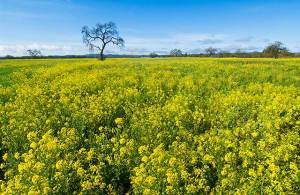
I invite you to reflect on a significant emotional experience in your life. How has it been, or is it still, limiting for you? If so, in what ways? Take some time to experiment with telling the story in a different way. What do you notice in your body? How do you feel when you consider ‘dropping’ the old version of the story and adopting a new one?
Your comments and contributions are most welcome! If you have enjoyed this exploration, please consider purchasing BECOMING: Journeying Toward Authenticity on Amazon, Barnes and Noble, or in Vancouver at Banyen Books.

